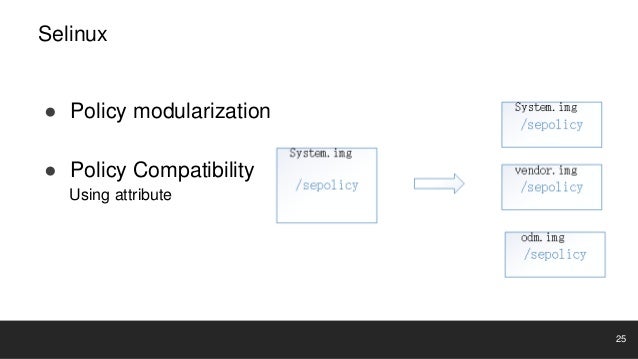

To be able to build the policy files only standard SELinux utilities are required.

Important Note: While these are simple policies, they are built to support X-Windows therefore an x_contexts file must be installed. On my Gentoo, the following packages need to be installed: sys-apps/policycoreutilsĪvailable versions: 2.0.82 (~)2.0.82-r1 (~)2.0.85 (~)2.1.The objective of this section is to show how policy files are constructed, compiled and loaded using the SELinux command line tools and editors such as vi or gedit to produce a usable policy for instructional use only.Ī modular (with loadable modules) policy is built without the use of any support macros or make files from the Reference Policy source. mod file and then use dismod to disassemble the binary module to textual representation. To unpack this policy module, you need a tool which is called semodule_unpackage to extract the. # semodule_package -m postgreylocal.mod -o postgreylocal.pp

Postgreylocal.pp policy module will be created with: # checkmodule -M -m -o postgreylocal.mod postgreylocal.te #= postfix_smtpd_t =Īllow postfix_smtpd_t initrc_t:unix_stream_socket connectto Īllow postfix_smtpd_t postfix_spool_t:sock_file write generate a set of policy rules: audit2allowĪssuming that I have a postgreylocal.te file with belows content: module postgreylocal 1.0.A SELinux policy module is built by following steps:


 0 kommentar(er)
0 kommentar(er)
